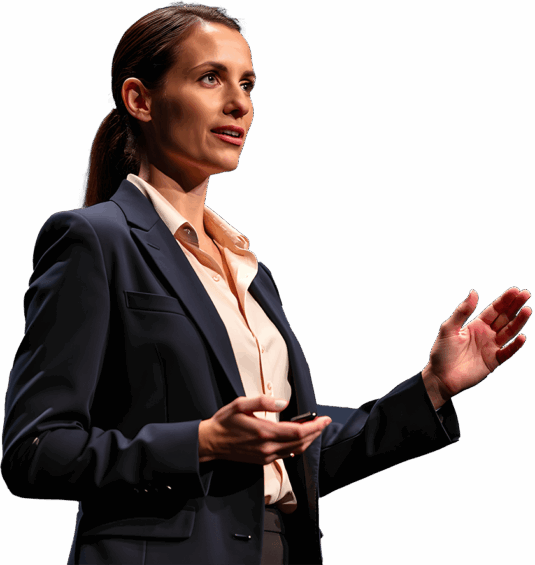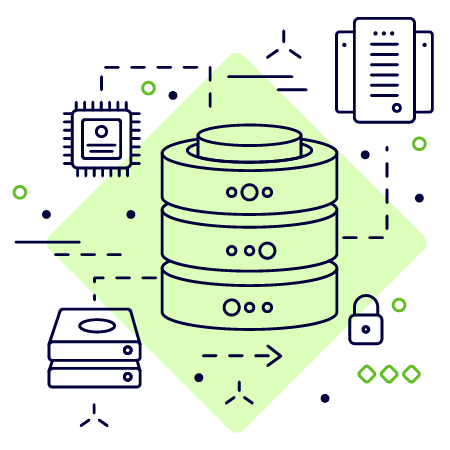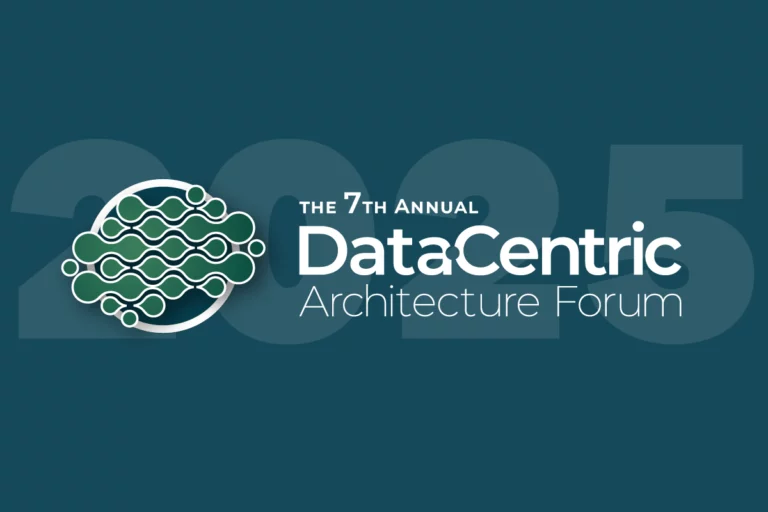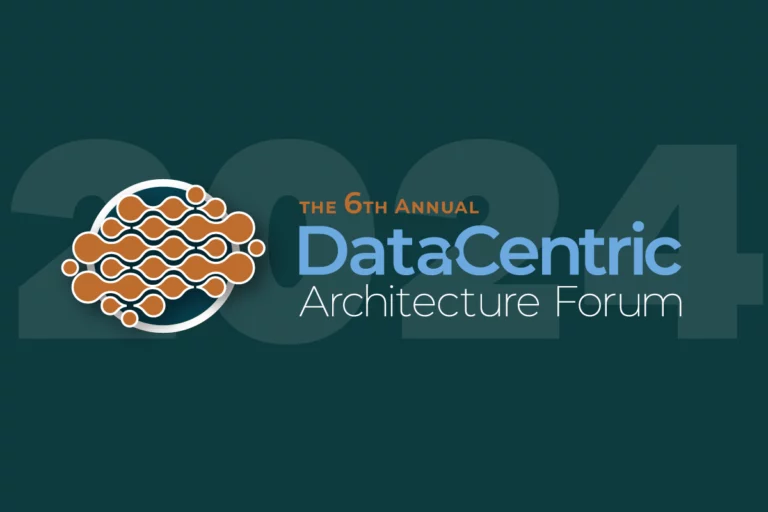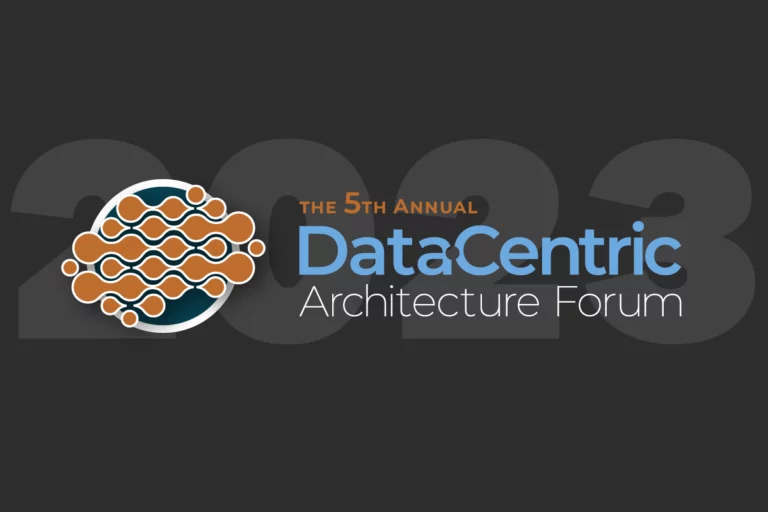The Data Centric Architecture Forum is designed for semantic practitioners to come together and exchange ideas on the most challenging (and most promising) components of data centric architecture. This event is for people who are already aligned with the data centric business rationale and are interested in exploring the architectural pathway to implementation.
CEO, Cinchy Inc
CEO, Franz Inc
CEO, Mind-Alliance Systems
CEO, Ontopic
CEO, RelationalAI
CEO, Semiodesk GmbH
Chief Architect, OntoAge
Chief Data Officer, FS Investments
Chief Data Officer, Scottish Government
Chief Technology Officer, Ephesoft
CTO, FactGem
CTO, Modus Operandi
CTO, Zazuko GmbH
Data Architect, Harvard Pilgrim Health Care
Data Architect, Mobiliar
Data Architect, Sun Life
Data Architect, Watson Health
Data Engineer, Genentech
Data Engineer, Honeywell
Data Engineer, Payzer
Data Scientist, Maze Therapeutics
Data Scientist, Rawcubes
Data Strategist, De Volksbank
Digital Asset Manager, New York Public Radio
Digital Transformation, Koch Industries
Director of Technology, Epam systems
Director Research, Genentech
Director, Bioinformatics, AstraZeneca
Director, Data and Analytics, Amgen
Director, Resources, Federal Chancellery
Director, Visual Meaning Ltd
Distinguished Engineer, Intuit
Domain Architect, Premera Blue Cross
Emerging Technologies, Johnson & Johnson
Empire Fellow, New York State Insurance Fund
Engineering Fellow, Raytheon Technologies
Engineering Manager, American Express
Enterprise Architect, DNB
Enterprise Architect, Syntell AB
Enterprise Data Architect, BNSF Railway
Enterprise Data Architect, Capgemini India ltd
Enterprise Data Architect, Zepheira, LLC
Executive Director, Morgan Stanley
Founder, Summit Knowledge Solutions
General Manager, Diextra International, S.R.L.
Head of Information Architecture, AstraZeneca
Industry Principal Director, Accenture
Information Architect, Helse Vest IKT
IT Architect, Landsbankinn
IT Data Architect, Nationwide Insurance
IT Manager, Swiss Federal Archives
Knowledge Engineer, Semantic Web Company
Knowledge Engineer, Zalando SE
Lead Architect, BBC
Lead Business Analyst, Federal Reserve Board
Lead Data Architect, S&P Global
Lead Ontologist, Broadridge
Managing Director, Olin Capital Advisors, Inc.
Metadata Analyst, Rockwell Automation
Ontologist, Mastercard
Operations Supervisor, US Border Patrol
Philosophy of UX design, Lacibus
Portfolio Lead, Raytheon Technologies
Practice Lead, IBM
Principal Architect, Genentech
Principal IS Architect, Amgen
Principal Ontologist, Research Innovations, Inc.
Principal, Quantum Semantics Inc
Professor, Stanford University
Professor, University of Toronto
Risk Management Architect, Aflac, Global Security
Semantic Fellow, Thought Magic, LLC
Senior Analyst, Taxonomy, Best Buy
Software Architect, Guardian
Solutions Architect, American Express
Solutions Architect, Oracle
Supervising Associate, Ernst & Young
Technology Architect, ExxonMobil

